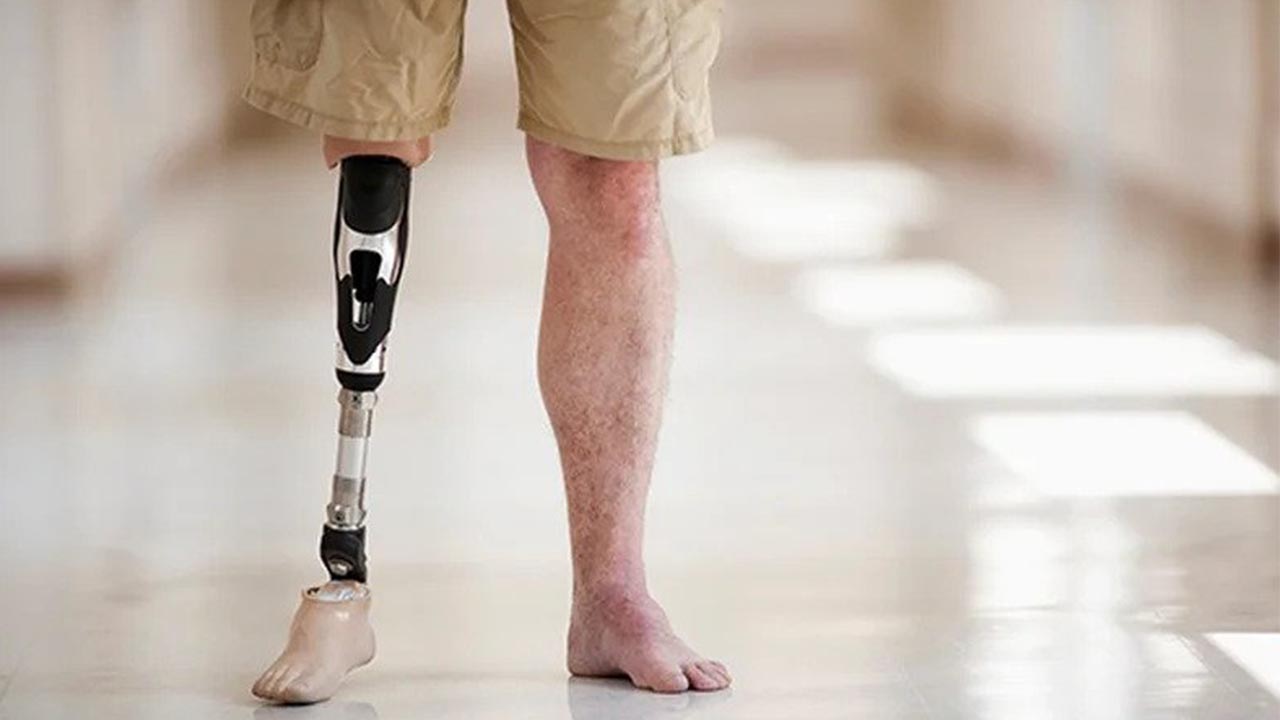The word “amputation” brings to mind images of prostheses and surgery. In fact, most people referred to a healthcare team for an amputation regret not having the option to have their own limbs replaced. There are many reasons someone might feel remorseful about losing their limbs, but perhaps they should have replaced them earlier instead of later in life. The following are some of the possible causes of amputation.
Why Are People Amputated?
People are less able to use certain muscles and tendons in their right and left hands, leading to extreme pain and difficulty in dexterous movements. The inability to use these muscles has been called “an initial condition” and is called “amputation.”
There are many potential causes of amputation. The most common is trauma (including natural causes such as an accident, a cut, or a fracture), age, weight gain, obesity, and drugs and alcohol. Other causes include infections, surgery, illness, and other causes.
Mortality rate
Many people lose their left hand or left foot because of a congenital abnormality, such as a cleft or stent, a cleft lip, or an oddly shaped foot. Another cause of amputation is trauma, usually from an unknown cause. However, a number of people are not necessarily susceptible to trauma but nonetheless sustain permanent bone loss because of it.
Impaired function of the amputated limb
A compromised or defective muscle or tendon can make walking and other activities with simple movements, such as picking up and putting down items, very difficult. For example, one study found that individuals with untreated spina bifida, a rare congenital condition, had a 30% risk of developing a “missing limb” syndrome. The syndrome includes a hand, foot, and finger missing entirely or in parts.
Many experts believe that emotional and psychological factors play a role in developing a “missing limb.” It has been estimated that trauma, such as childhood trauma, illness, etc., may trigger up to 20% of all missing-limb cases.
Why Is Amputation Worth Paying a Fee?
There are several reasons why someone might be willing to pay for an amputation, including:
- To reduce the risk of infection or other complications from a compromised or defective leg
- To cover medical costs, including setting aside money for the costs of a medical and surgical procedure (interphalangeal space)
- To cover potential expenses related to caring for an amputated limb (i.e., nursing home, travel, clothing, shoes, etc.)
Health Consequences of an Amputation
After an amputation, the body needs time to adjust to the new situation. That requires the body to build blood, capacity, and oxygen within the affected areas. The result is an increased heart rate and oxygen consumption. The production of stress hormones in the body has also been described as being triggered. These increased levels of stress hormones in the body are thought to be responsible for the tightness in the muscles and tendons that result from amputation.
Conclusion
Amputation is a unique medical procedure and is complex and delicate. Patients need to learn from their mistakes and understand how diseases like Peripheral Arterial Disease can have ever-lasting effects on their bodies.




